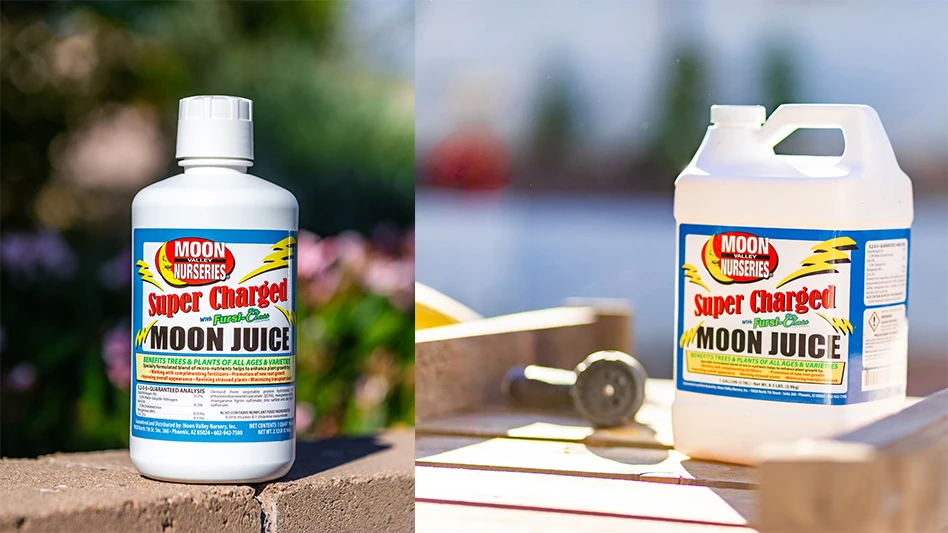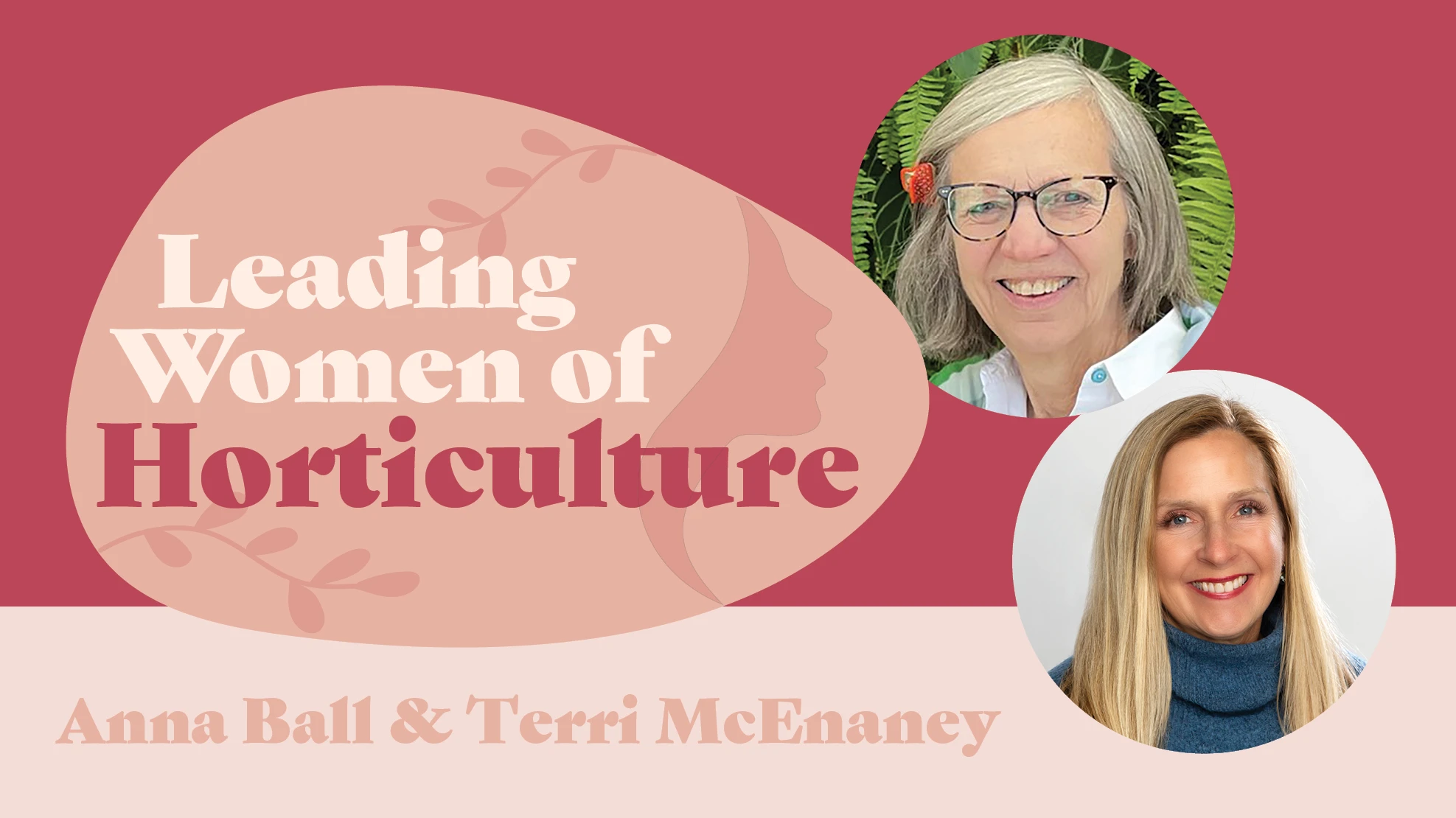

In much of the Northeast and Midwest, the beech trees are being weakened or killed by a newly introduced foliar nematode. In my area, the damage has gone from rarely seen to widespread in just two years, and our customers are starting to ask about what they see on their Fagus trees. Since this problem is relatively new, it was important at my garden center to get our staff up to speed on this nematode as soon as possible, so we could all be on the same page with the information and advice we give to our customers. Accurate information is, of course, one way that we IGCs distinguish ourselves from the box stores.
Keeping employees informed is an ongoing job. Our nurseries are filled with recent hires as well as long-term staff, and as well-meaning as some employees might be, they might be passing on old or inaccurate information. What we accepted as common garden practices 30 years ago might have recently been proved by horticultural universities to be bad for plants. What we learned from our parents might not be good advice, and what continues to be passed around on social media can be just plain scary. Epsom salt or Tums for tomatoes, anyone?
Our staff can be just as swayed by a colorful graphic on Instagram or the advice from parents as the general public is. If they saw it on social, or heard it from mom and dad, it must be true. And because even the most inexperienced hires truly want to be helpful when a customer has a question, some of that inaccurate or outdated information is likely to be passed on.
Making sure that your staff is on the same page about common problems or recommendations doesn’t have to be a burdensome job. It can start with a FAQ sheet that key employees make up, with the short-and-sweet answers and recommendations that will be accurate and useful to your customers. That FAQ sheet can be given to all currently on staff, as well as new employees as they join your team.
In making up such a document, think of the five or six things that your customers routinely ask about. It might be about the moss in their lawn, how to get rid of weeds in the flower garden, or what to do about the beetles that show up every summer. What products or practices do you want your employees to recommend?

Consider adding information about planting policies that have changed over the years. For example, when I first started gardening, it was commonly recommended to enrich the soil put back in a planting hole with ⅓ peat moss, ⅓ composted manure and ⅓ of the native soil. Best practices for planting have changed, however, and now the accepted advice is to replace the native soil around the new plant and amend with an inch or more of compost on the surface of the ground. Those who have kept up with current research will know this, but are all of your employees in the loop?
In addition to killing false information and outdated practices, our staff needs to be up to date on the latest pests and problems that home landscapers face. This information is best received from your local cooperative extension and area horticultural/agricultural universities. Many of these have weekly or monthly emails that can keep you up to speed. Some have printed newsletters that you can subscribe to and leave in your employee breakroom after you’ve read them. But since we all get distracted by the immediate — the trucks, watering and customer assistance — it can be helpful to have one or two staff members who are charged with keeping up with current horticultural news. They can distill what’s important or new and add it to fact sheets and the website or report in your regular staff meetings.
Every employee at an IGC will have their own take on plants they love, the design of gardens, or how long to nurture a declining plant. The idea isn’t to insist that everyone rave about the same shrub or way to plant a landscape. Our customers love getting a staff member’s individual recommendations, and we should always encourage our team to share their personal passions with shoppers. But when it comes to certain practices, preferred products and new problems, your business will be better positioned as regional experts if you get everyone on the same page.

 | The Garden Center Conference & Expo, presented by Garden Center magazine, is the leading event where garden retailers come together to learn from each other, get inspired and move the industry forward. Be sure to register by April 17 to get the lowest rates for the 2025 show in Kansas City, Missouri, Aug. 5-7.
|

Explore the July 2023 Issue
Check out more from this issue and find your next story to read.
Latest from Garden Center
- Society of American Florists accepting entries for 2025 Marketer of the Year Contest
- Sustainabloom launches Wholesale Nickel Program to support floriculture sustainability
- American Horticultural Society welcomes five new board members
- Color Orchids acquires Floricultura Pacific, becoming largest orchid supplier in U.S.
- American Floral Endowment establishes Demaree Family Floriculture Advancement Fund
- The Growth Industry Episode 3: Across the Pond with Neville Stein
- Proven Winners offers Certified Garden Center Training for staff education
- Digging In Association hosts inaugural Platinum Trowel Awards at winter conference







